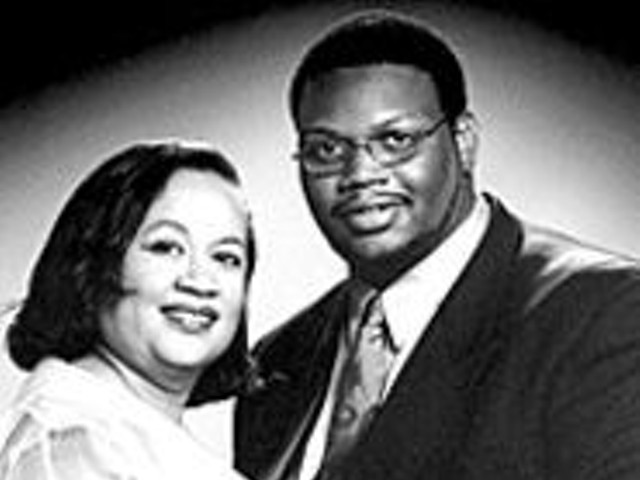The traditional style of unaccompanied singing that the group utilizes was created in South African mining communities by black workers looking to entertain themselves by singing into the early morning hours. They called themselves cothoza mfana, or "tiptoe guys," in reference to the soft dance steps they devised to keep from disturbing the camp's security guards. The tradition spread when miners brought the songs and dances home to their native villages, and fierce singing competitions became the highlight of local social calendars all over South Africa.
In their hometown of Ladysmith, the members of Shabalala's singing group won contests so routinely that they were eventually banned from competing. Their collective name refers to this fact: In South Africa, "black" is commonly associated with oxen, the strongest of farm livestock. Mambazo, the Zulu word for "axe," refers to the group's ability to chop down any challengers. Now the undisputed kings of African choral singing, their voices seem to tiptoe from a single, serene mind, bringing a message of universal love and equality to the ears fortunate enough to hear them. If there is a God and that God has a voice, it sounds something like Ladysmith Black Mambazo.





